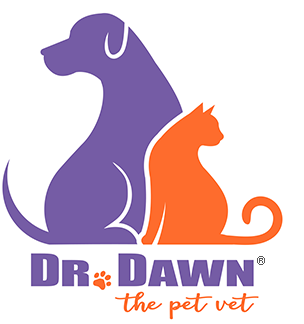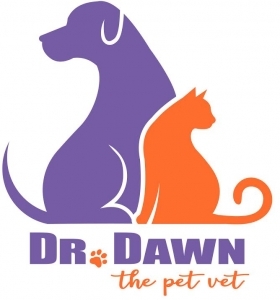Pet health insurance has come a long way since I first started practicing a few decades ago. It is something you should all consider. There are many good options available, but, like buying a new car, the decision and specifics can seem overwhelming. There are individual variations between the companies, in terms of what is covered or not. For example, if you don’t think you will ever want to offer holistic medicine services, or acupuncture to your cat or dog, you don’t need a policy that includes that coverage.
To help you, there are a few basics that you need to know before you leap. You should try to insure your dog or cat as young as possible, as most, if not all, policies exclude two things: older pets (age varies with the company), and preexisting conditions. Also, you may not need a policy that offers coverage to diseases and injuries prone to certain purebreeds if you have a dog that is a mix.
Also, many offer free trials of up to 3 months, but not in all states (sorry Pa residents, we are excluded!)
Go to the following link for a chart that lists 6 basics of 7 insurance company plans. They are broken down into whether the policy covers accident, illness, or wellness, how established they are in the insurance world(# pets covered so far), what is NOT covered, deductibles, whether or not they charge an annual or per incident deductible, and the maximum payout options per year.
visit: dvm360.com/insurancechart for details
Personally, I recommend either Embrace and Trupanion. Personal experience with clients and colleagues has shown that they are the most reliable in paying claims, and ease to work with overall.
 What I recommend is that you are ready with a list of questions to ask them, to help you decide which policy works for you and your pet family. It will hopefully help you sift through the legal jargon included in many information packets. It is 20 questions, so write this down, or print this!
What I recommend is that you are ready with a list of questions to ask them, to help you decide which policy works for you and your pet family. It will hopefully help you sift through the legal jargon included in many information packets. It is 20 questions, so write this down, or print this!
1.Is the company licensed in your state? Which policies are available in your state?
2. Do they have a good reputation? What do the Better Business Bureau or other independent organizations have to say about them? How long has the company been around?
3. Are the policies and information provided reasonably easy to understand? Are the people helpful and knowledgeable when you call them?
4. Do they offer flexible hours of customer service?
5. Can you see any veterinarian you want?
6. Have premiums increased over the past few years? If so, by how much?
7. What happens to coverage and premiums as your pet gets older?
8. Are there any reasons you wouldn’t be able to renew your policy?
9. What type of coverage and co-insurance does the policy require?
10. Is there a “usual and customary charges” clause? How are those limits determined?
 11. What kinds of care are excluded or limited? Are congenital or hereditary diseases covered? Cancer? Dental care?
11. What kinds of care are excluded or limited? Are congenital or hereditary diseases covered? Cancer? Dental care?
12. Are conditions diagnosed within one year excluded as preexisting conditions in the next?
13. Are benefits available for wellness or preventative care for your pet?
14. Can you choose a deductible? Can you change the deductible from year to year? Is the deductible annual or is applied to each medical incident?
15. Are the waiting periods before coverage begins reasonable?
16. Is there a maximum age for enrollment?
17. Are there limits per incident, per year, per lifetime, or per body system? What are those limits?
18. Is a physical examination required for enrollment or renewal?
19. How quickly are claims processed and paid?
20. Are there any billing fees or discounts?
I hope you do go ahead and look into insurance for your pet. As Martha Stewart says, “It’s a good thing.” Or it can be. Try to find a policy that works for you.
Dr. Dawn
Please Share and SUBSCRIBE here






